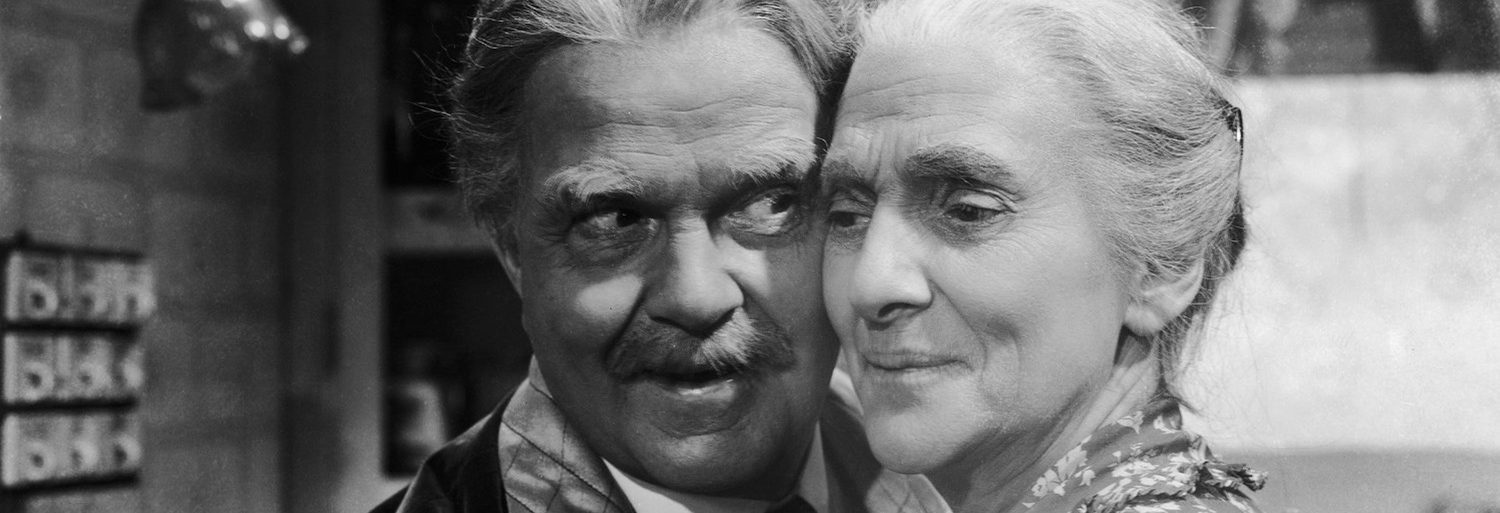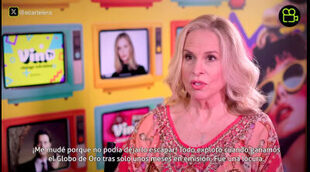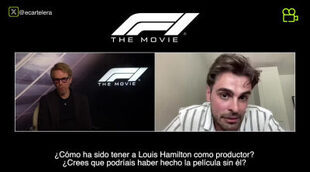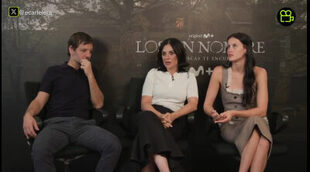
'Make Way for Tomorrow' trivia and fun facts
-

-

-

-

-

-

The inspiration behind Yasujirô Ozu's most celebrated film, Cuentos de Tokio (1953).
Leo McCarey was making La Vía Láctea (1936) with Harold Lloyd when he accidentally drank some contaminated milk and became so ill that he nearly died. This brush with mortality - and the recent death of his own father - made him want to make the film. McCarey in fact was so ill that he was unable to attend the funeral of his beloved father.
When Leo McCarey received his 1937 Best Director Oscar for "The Awful truth," he reportedly said that he got it for the wrong film, a clear reference to his fondness for "Make Way for Tomorrow."
Included among the "1001 Movies You Must See Before You Die", edited by Steven Schneider.
Orson Welles was quoted as saying that the film "would make a stone cry".
John Ford, Frank Capra and Jean Renoir were big admirers of the film.
Beulah Bondi was actually one year younger than Elisabeth Risdon, who played her daughter Cora.
French director Bertrand Tavernier's then wife, Colo Tavernier, was responsible for writing the French subtitles for its foreign release. She recalled that she found it extremely difficult to type up these subtitles as her eyes were full of tears.
Paramount boss Adolph Zukor reportedly pressured Leo McCarey to alter the film's downbeat ending, but the director resisted, and his contract with the studio was not renewed.
Leo McCarey spent almost a year making the film. He worked for a greatly reduced salary, refused to cast any stars and ignored Paramount chief Adolph Zukor's pleas for a happy ending.
Director Leo McCarey made this film after the death of his father.
George Bernard Shaw wrote to Leo McCarey, expressing his admiration for the film.